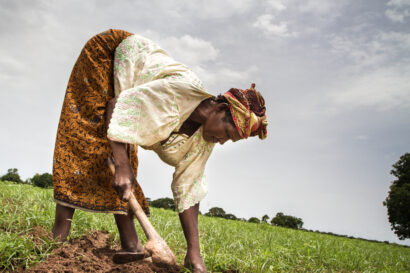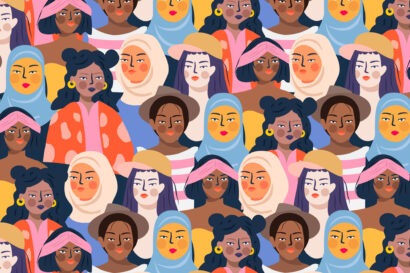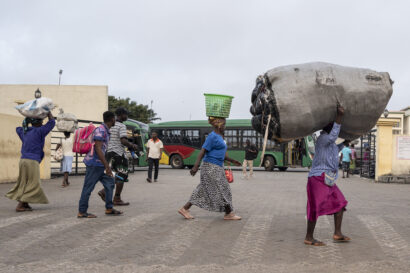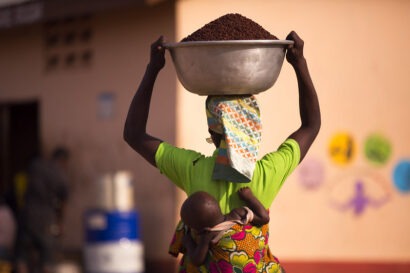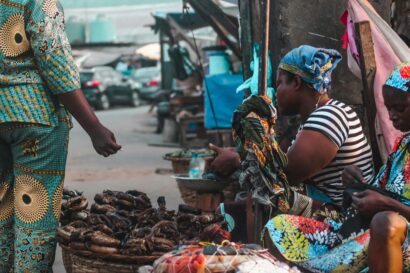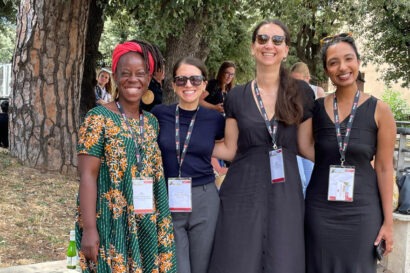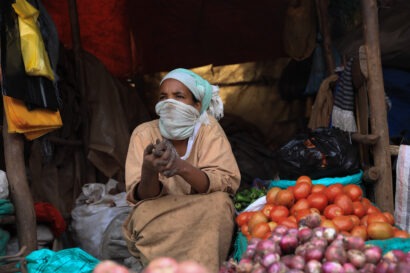Gender and Tax
Taxes can affect men and women differently. And how tax impacts men and women is not the same in both high-income and low-income countries. Gender tax disparities in the former come from national policies. Whereas taxes in low-income countries are mainly collected subnationally, where most payments are made. Understanding gender and tax in Africa requires greater attention to local contexts.
In light of little research on the subject, we ask:
- How do formal and informal taxes and fees affect the livelihoods of poorer African women and men?
- And how does tax administration affect men and women differently?
Key resources
- Time for a broader, bolder approach to tax justice for women (Blog)
- Engendering Taxation: a Research and Policy Agenda (Working Paper)
- Gender and tax (animation from our Learning Portal)
- Mainstreaming gender in policy (video)
Our experts on gender and tax: Dr Giulia Mascagni, Dr Vanessa van den Boogaard, Dr Jalia Kangave, Sripriya Iyengar Srivtasa
